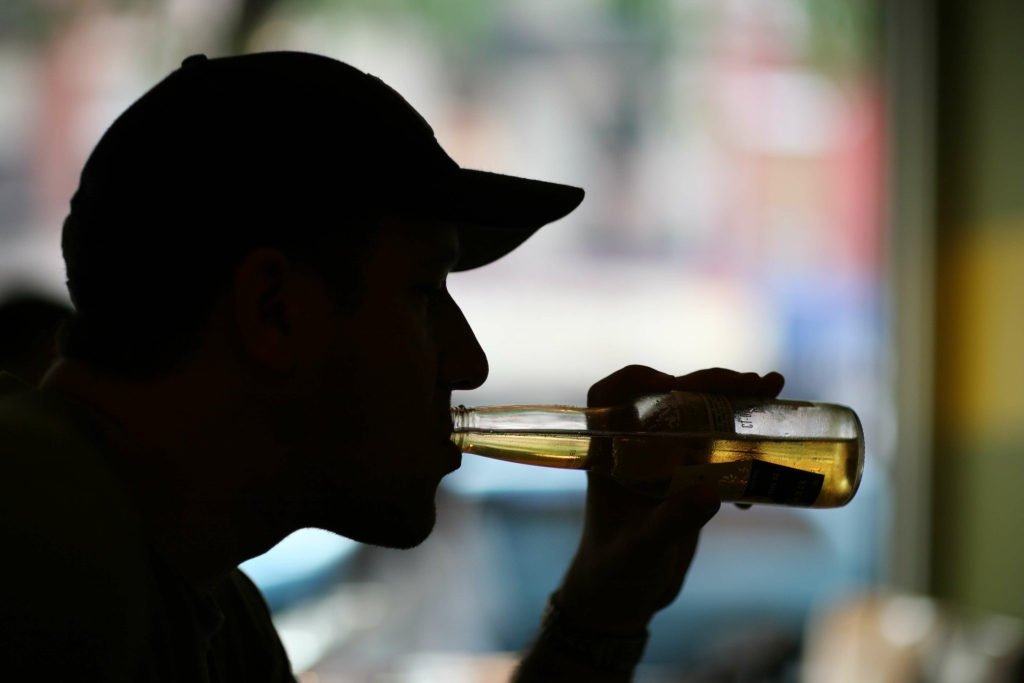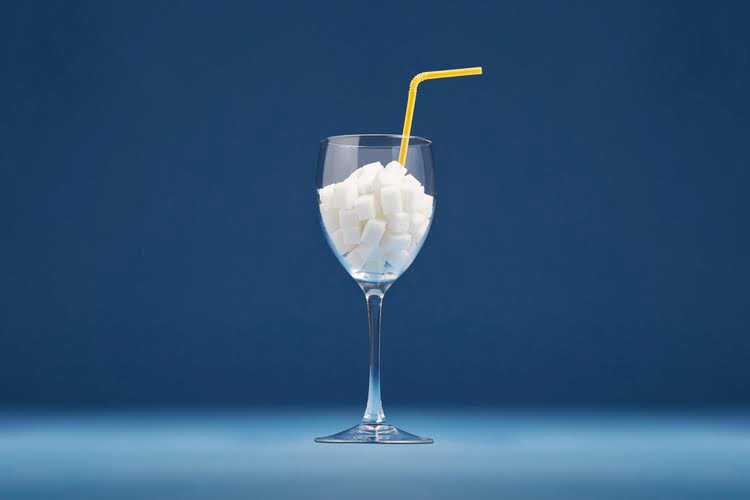The brain possesses an impressive ability to repair brain damage from alcohol, thanks to a phenomenon known as brain plasticity or neuroplasticity 1. This enables the brain and nervous system to recover from damage and adapt to new patterns of thinking and behavior. During the detoxification process, which is the initial step in recovery, these healing mechanisms are set in motion, and noticeable changes can often be observed within a couple of weeks. Sustained long-term sobriety can ultimately restore optimal mental function and full brain recovery from alcohol misuse. Alcohol-related cognitive impairments are more prevalent than you might think, affecting anywhere from 30% to 80% of people with alcohol use disorder. The wide range depends on factors such as age, genetics, the quantity and frequency of alcohol consumption, and the duration of drinking.
Impact on personal and professional life
She is enthusiastic about providing compassionate education, safety and healthcare. She creates lasting relationships with participants, while delivering healthcare that empowers them and increases their quality of life. Nesren is passionate about educating patients and the community about health issues and preventive care. Having spent several years working at Children’s Cancer Hospital, she took a position with Hospice and Palliative Care, managing Medicare patients and conducting in-home health assessments. Her compassion for seniors and her focus on providing quality care are very appreciated among the participants at WelbeHealth. Sam Wald is an experienced healthcare operations leader, specializing in value-based care for seniors.
More articles on Emotions and Mental Health
- The rewards of maintaining sobriety far outweigh the temporary discomforts and you are not alone in this journey.
- Elizabeth Carty is an expert in the highly successful PACE model of care.
- Many individuals report improvements in their overall mental well-being, with decreased levels of anxiety and depression.
- These medications can be an important part of a comprehensive treatment plan that includes therapy, peer support, and personalized care plans.
- While occasional brain fog after drinking is manageable, chronic alcohol consumption can lead to longer-lasting cognitive impairments.
During the last binge, I consumed roughly 3 liters of 40% vodka in 4 or 5 days. I’m not drinking alcohol anymore at all, not even at dinner parties or when politely offered a drink at events. Brain fog can clear with a combination of techniques and daily practices. People with an AUD have a protracted withdrawal phase due to the alcohol’s potent effects on neuroreceptors, which can last up to 26 weeks after alcohol cessation. A person’s brain chemistry can change dramatically through alcohol use.

Benefits of an Intensive Outpatient Program for Addiction Recovery

As a practice, always monitor your alcohol intake and consumption patterns. If you find it difficult to manage your consumption or show any signs of dependence, getting help and enrolling for addiction therapy programs should be your immediate next step. If you experience a relapse, it is important to be honest and seek help as soon as possible.
How to Manage Sobriety Fatigue
Abstinence from alcohol often leads to remarkable mental health improvements. Many individuals report enhanced mood, reduced anxiety levels, improved sleep patterns, and better relationships. Cognitive functions, too, improve significantly, with heightened clarity, focus, and decision-making abilities. Alcohol acts as a depressant, disrupting the brain’s neurotransmitters, particularly dopamine and serotonin, vital for mood regulation. Chronic use alters motivation systems, leading to patterns of drinking that favor relief from negative emotions over the pursuit of pleasure.
These factors include your tolerance to THC, the potency of the product, and how much you’ve consumed. Mixing marijuana and alcohol can be dangerous because they can intensify each other’s symptoms in negative ways. If you are helping someone who becomes violently ill following cannabis alcoholism symptoms use, contact emergency services immediately. Staying hydrated is another important aspect of getting through greening out.
- However, the time it takes to become sober after greening out will vary for each person.
- CBD is believed to have calming effects, even in small doses, so it can aid you in reducing social stress caused by brain fog.
- When you drink water during a marijuana brain fog, it can make a whole lot of difference to how you feel.
- If you are dealing with alcohol addiction and are looking for an addiction treatment center in Massachusetts, contact our team at GBAC and take your first step towards recovery and sobriety.
Alcohol Detoxification Process
This can increase your tiredness the next day, leading to a cycle of using caffeine to wake you up but having trouble sleeping later on as a result. So, when you stop consuming caffeine, brain fog after drinking there are excess adenosine receptors to bind to. This allows fatigue and tiredness to kick in as normal, with the person feeling more tired than before. He is also a Health Commissioner for San Mateo County’s 145,000 member Medicaid plan.

Individual sensitivities vary, and more research is needed to properly understand how cannabis strains affect brain fog. Find a comfortable spot on your couch or bed to lay down, close your eyes, and focus on your breathing. Some users can experience a mild form of fogginess for a day or several days after consuming cannabis. This is especially common in heavy, frequent users, since THC can be stored in the fat cells and be gradually released back into the bloodstream.
How Luxury Rehabs Provide a Safe and Comfortable Heroin Detox Experience
Additionally, getting enough sleep is essential for overall brain health and can help reduce the impact of brain fog. Most adults require around eight hours of quality sleep per night, so ensuring you are prioritizing and getting adequate rest can make a noticeable difference. According to Dr. Raden, caffeine is an adenosine receptor antagonist and, as such, is a known mood elevator. “The stimulant effects of caffeine have also been shown to increase feelings of well-being,” he explains.
A subreddit for people who are dependent or addicted to caffeine and are trying to quit or cut down. These techniques have been proven by science to make your brain work better and pay attention more, which can help with confusion. Taking short breaks during the day to do mindfulness can clear up your mind and make you think sharper. Caffeine acts on the smooth muscle of the intestines, particularly in the colon, causing them to contract and trigger the urge to poo.
How to Reverse Brain Shrinkage From Alcohol?
Long-term drinking affects the functions of the brain that control inhibitions, decision-making, problem-solving, and judgment. After you stop smoking, your brain will start to get clearer and you will find it easier to focus in about 2-3 days. As time goes by, your memory will get better, you will think more clearly, and you will be able to do things more efficiently. When you stop drinking caffeine, after approximately 24 hours it causes the blood vessels to return to normal, causing an increase in blood flow to the brain and triggering headaches. Prior to becoming a nurse practitioner, she worked as a hematology and oncology nurse at City of Hope and a medical and surgical oncology nurse at Eisenhower Medical Center.
You can also try using a light therapy box that emits bright light to help improve your brain function. This is because sunlight helps your brain produce serotonin, which is a neurotransmitter that helps regulate mood. Yoga is a type of exercise that combines physical activity with mindfulness.

